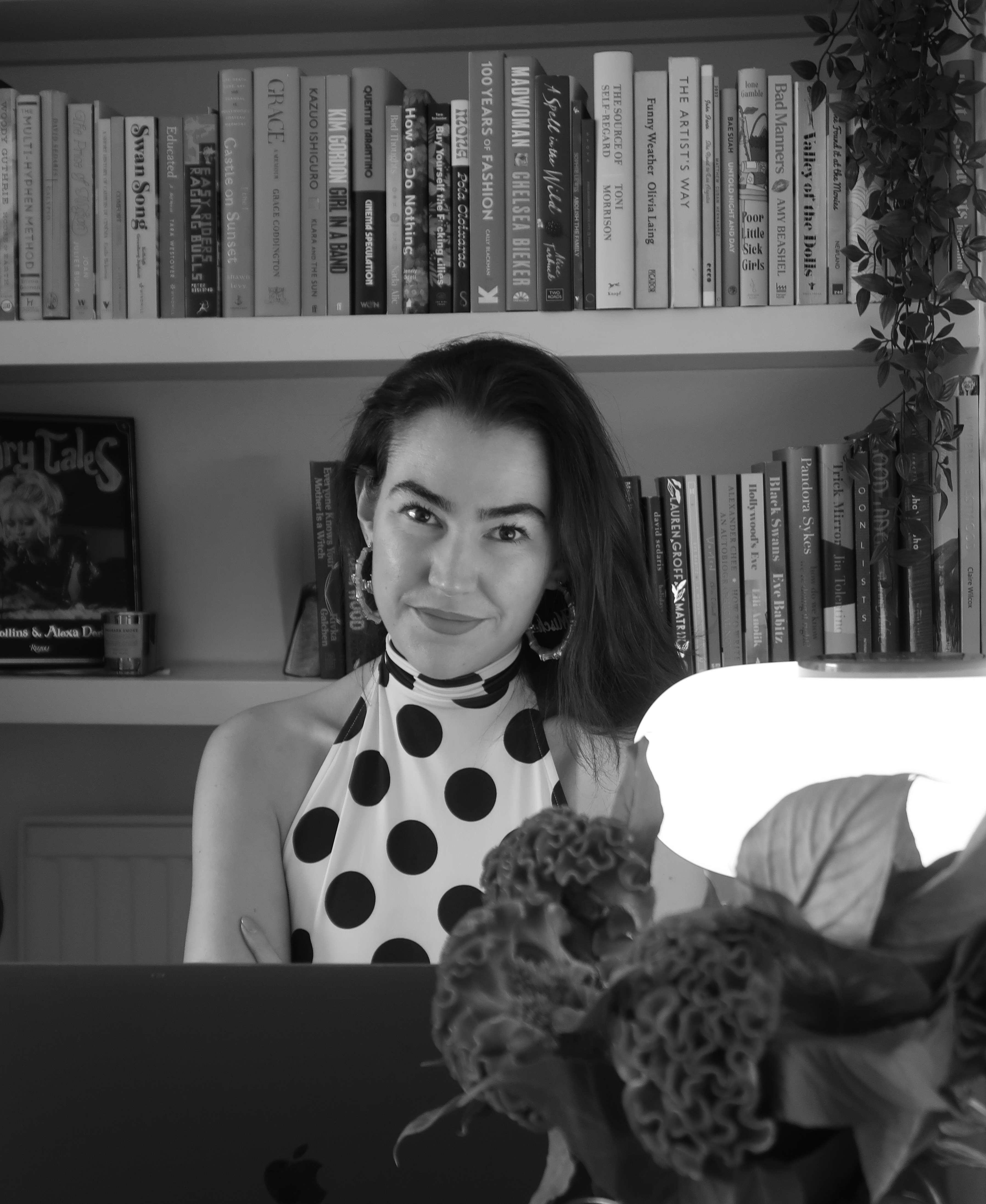Is the era of Andrew Tate undoing decades of feminism?
A new study shows Gen Z boys and men think of feminism more negatively than any other generation


Celebrity news, beauty, fashion advice, and fascinating features, delivered straight to your inbox!
You are now subscribed
Your newsletter sign-up was successful
Generations of men, spanning Boomers to Millennials, largely see feminism as positive, but a new study by King’s College London reveals that the youngest generation of boys and men are more likely to see feminism as a negative. One in six British men aged 16-29 goes as far as to say feminism has done more harm than good. The study also revealed that one fifth of those surveyed (over 3,600 people) who were aware of Andrew Tate looked upon him favourably,
The study not only revealed an emerging generation — and gender — divide, but alarming statistics:
- One in four UK males between 19-29 think it’s harder to be a man than a woman
- 30% of Gen Z surveyed think it’ll be harder to be a man than a woman in 20 years’ time
- And of that group, 19% think it’ll be much harder to be a man

Andrew Tate effect on Gen Z
The statistics from Ipsos polling for King’s College London’s Policy Institute and the Global Institute for Women’s Leadership show stark differences in opinion between the youngest generations. Professor Bobby Duffy, Director of the Policy Institute at King’s College London, notes that this is “a new and unusual generational pattern” that, left unchecked, could lead to a “fractious division”.
Social media has become a massive part of how we see ourselves and what we identify with and, as Prof Rosie Campbell, director of the Global Institute for Women’s Leadership at King’s, explained, “The fact that this group is the first to derive most of their information from social media is likely to be at least part of the explanation.” Despite Tate facing charges of rape, human trafficking and organised crime and boasting he is “absolutely a misogynist”.
Uncertainty over gender roles has often been given as a reason for Tate’s staggering social reach and Gideon Skinner, Head of Political Research at Ipsos UK, notes that while both sexes showed a level of pessimism, younger boys and men “are more worried that life will be harder for them, and are more uncertain over male gender roles.”
Tate has exploited the vulnerability of younger generations to push his “manosphere” agenda, promoting violence against women and actively radicalising men and boys to spread hate and cause violence offline. Duffy fears that unless work is done to understand the challenges facing the youngest generation, “we risk that void being filled by celebrities and influencers, and this nascent divide being exacerbated.” With an 8.7 million-strong following on X, Tate's influence shows no sign of waning. The effect that it has on future generations remains to be seen.
Celebrity news, beauty, fashion advice, and fascinating features, delivered straight to your inbox!

Mischa Anouk Smith is the News and Features Editor of Marie Claire UK, commissioning and writing in-depth features on culture, politics, and issues that shape women’s lives. Her work blends sharp cultural insight with rigorous reporting, from pop culture and technology to fertility, work, and relationships. Mischa’s investigations have earned awards and led to appearances on BBC Politics Live and Woman’s Hour. For her investigation into rape culture in primary schools, she was shortlisted for an End Violence Against Women award. She previously wrote for Refinery29, Stylist, Dazed, and Far Out.